Last year was the year of the Rooster, but it might as well be known as the year of Rap. Over the summer of 2017, the hit show The Rap of China launched a cultural phenomenon that took the nation by storm. Fashion and beauty influencers embraced streetwear and counterculture style. Niche labels like Supreme and Vetements became household names. Heading into 2018, the rap and hip-hop trend was on fire. Then, on January 18th, the country’s top media regulator — the State Administration of Press, Publication, Radio, Film, and Television of the People’s Republic of China (SAPPRFT) suddenly issued an announcement effectively placing a ban on rap and hip-hop from Chinese television and film.
Before the ban on rap and hip-hop, every brand imaginable jumped on the rap bandwagon, hoping to appeal to the ever-elusive Chinese millennial.
The Rap of China had big-name sponsors like Absolut, Chevrolet and McDonald’s, and its top contestants haven’t been bashful about cashing in on their newfound fame. They collaborated with brands including Sephora, Nivea, ECKO, Durex, Li Ning, Samsung, Disney, Tmall, and OPPO, just to name a few.
The hip-hop trend rapidly infiltrated China’s fashion and beauty industries. Sportswear, braids, heavy makeup, and hoodies were suddenly everywhere. Streetwear-style fashion KOLs such as @阿布_BXQ, @BLACKBAB, and @吴佳Yeah dominated social media, and numerous beauty KOLs started producing hip-hop style beauty tutorials.
In September, PUMA collaborated with Rihanna’s new makeup brand, Fenty Beauty, at an offline back-to-school party in Shanghai. The event was extremely trendy among KOLs and celebrities vying to get a glimpse of the new collection.
In November, Hong Kong’s leading streetwear brand AAPE sponsored the SpongeBob Run fitness event and concert in Shanghai. The 4km run was followed up with a live performance by Chinese hip-hop group @红花会_Official.
Then, in December, Adidas Originals put on a hip-hop concert in Chengdu featuring rapper @滿舒克_ to launch their new Prophere sneaker. They also invited a number of influencers and celebrities including Victoria’s Secret model @何穗 and blogger @吴佳Yeah.
Even as recently as early January 2018, auto brand MG held a hip-hop themed test-drive event inviting several KOLs and rapper @寿君超Keyso, and sportswear brand FILA held a PR event in Beijing to showcase their 2018 FILA FUSION spring collection.
China’s Ban on Rap and Hip-Hop: Too Popular for Its Own Good
While the ban might appear to have come out of nowhere, it has been long in the making. The Chinese government has historically been opposed to rap, hip-hop, and countercultures, as well as any cultural movements. As a recent article from Magpie Kingdom explained, “it is not actually hip-hop culture that the censors care about, but rather its foreign roots and its sudden, explosive popularity among youth. As with most censorship in China these days, what is really being managed is the scale of people coming together outside of the government’s control.”
The government had been waiting for the right moment to pounce, and it finally happened at the beginning of January when Rap of China winner PG One was criticised by the Communist Youth League for “encouraging teenagers to use drugs” and “insulting women.” Not long after, PG One became the centre of a celebrity scandal that linked him with a famous actress Li Xiaolu, wife of his close friend actor Jia Nailiang. The scandal turned public sentiment against him and reinforced the government’s claims regarding the immoral behaviour associated with the rap and hip-hop culture.
TV and media immediately responded to SAPPRFT’s announcement and another Rap of China winner, Gai, was removed from Hunan TV’s Singer, a hit competition show in which he had been receiving rave reviews. Popular female rapper VaVa’s appearance was cut from the variety show Happy Camp, and a contestant on the show Super Brain even had his hip-hop style necklace blurred out — a move which Chinese netizens feel went a little too far.
As is the norm for cultural regulations in China, the ban on rap and hip-hop is ambiguous, requiring that, “programs should not feature actors with tattoos [or depict] hip-hop culture, sub-culture (non-mainstream culture) and dispirited culture (decadent culture).” This vague announcement, coming in the form of a memo summarizing a recent SAPPRFT meeting, leaves a lot of room for interpretation, and deliberately so.
Technically the ban appears to apply only to TV programs and film, leaving a lot of questions regarding other mediums. Will the second season of the Rap of China, an online show created by the video sharing platform iQiyi, be allowed to air? Can Chinese rappers still tour and give concerts? Should influencers avoid creating and sharing content promoting rap and hip-hop style?
For now, brands who aren’t inherently associated with the movement might want to play it safe and temporarily avoid overt support of the rap and hip-hop culture.
Censorship of cultural content in China is continually changing. In the face of this challenge, it will be interesting to see if enthusiasm around rap and hip-hop will last in the long term, or if the new regulations will squash momentum, proving that it was just another fad.
This ban on rap and hip-hop is another reminder that brands must stay up-to-date on trends and regulations in China. The landscape can change dramatically overnight.
Want to do influencer marketing
and avoid the potential pitfalls?
Use China’s premier influencer marketing platform to create, manage, and measure your next campaign.
or check it out for yourself







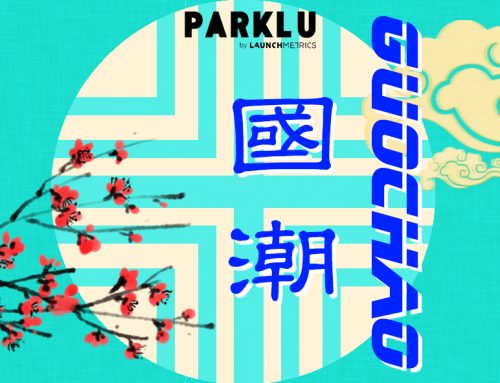

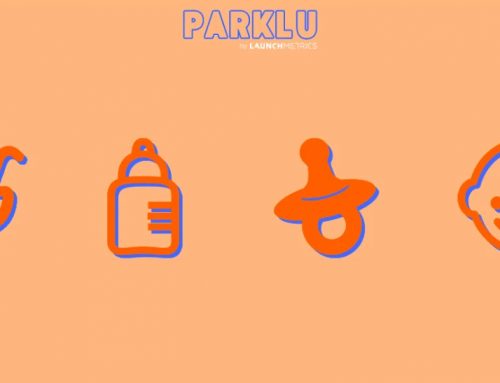

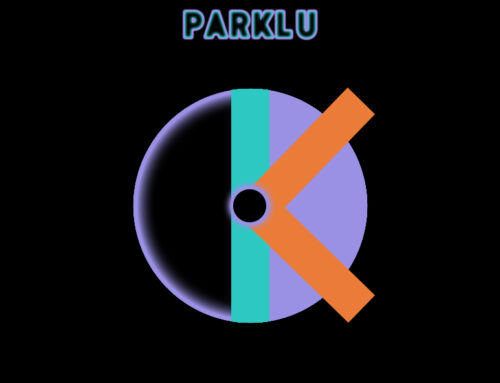
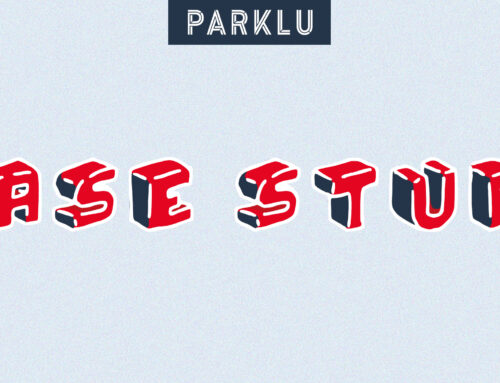
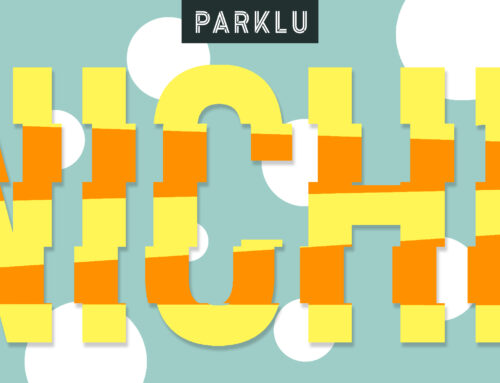
Leave A Comment